AD620 Instrumentation Amplifier Module
The AD620 Instrumentation Amplifier Module is a versatile, low-power, and high-accuracy amplifier built around the Analog Devices AD620 IC. It is specifically engineered to amplify differential signals from low-level sources while rejecting common-mode noise, making it ideal for biomedical, industrial, and scientific applications.
This module offers adjustable gain from 1 to 1000 using a single external resistor, providing flexibility for a wide range of applications. It’s widely used in ECG, EMG, strain gauge, load cell, and thermocouple systems where signal precision is critical.
The AD620 provides low input offset voltage, high input impedance, and excellent CMRR (Common Mode Rejection Ratio), ensuring stable and accurate signal amplification in noisy environments.
⚙️ Key Features & Highlights:
-
🎯 High Accuracy Amplification: Excellent CMRR (>100 dB) ensures precise differential signal measurement.
-
⚙️ Adjustable Gain: Set gain from 1 to 1000 via an external resistor.
-
🧠 Low Power Consumption: Operates efficiently at low voltage levels.
-
📈 Low Noise Performance: Ideal for small-signal sensor applications.
-
🔋 Wide Supply Range: Supports ±2.3V to ±18V operation.
-
🔧 Compact & Ready-to-Use Module: Easy integration with microcontrollers.
-
🔗 Compatible With: Arduino Boards, Electronics Components, and signal conditioning systems.
-
🧩 Applications: ECG, EMG, load cells, bridge sensors, and biomedical signal processing.
⚙️ Technical Specifications:
| Parameter | Specification |
|---|---|
| IC Used | AD620 |
| Supply Voltage (VCC) | ±2.3V to ±18V DC |
| Gain Range | 1 – 1000 (adjustable via resistor) |
| Input Impedance | 10 GΩ |
| CMRR | >100 dB |
| Bandwidth | 120 kHz (at G=10) |
| Input Offset Voltage | <50 µV |
| Output Type | Analog (Amplified Differential Signal) |
| Power Consumption | <1.3 mA |
| PCB Dimensions | 25mm × 20mm |
| Operating Temperature | -40°C to +85°C |
| Output Load | Up to 10 kΩ |
⚙️ Working Principle:
The AD620 module amplifies the voltage difference between its two input terminals while rejecting any voltage that is common to both (noise or interference). By connecting a single resistor, users can set the desired gain to match the input signal’s amplitude — making it ideal for precise signal conditioning before feeding data into ADCs or microcontrollers.
This makes it an essential component for systems like biomedical monitors, strain gauges, and industrial transducers that require accurate measurement of weak analog signals.
⚙️ Applications:
-
💓 ECG / EMG Signal Amplification (Biomedical Devices)
-
⚙️ Bridge Sensors & Load Cells (Industrial Systems)
-
🌡️ Thermocouples & RTDs (Temperature Sensing)
-
🔋 Battery Monitoring & Energy Measurement
-
🧠 Analog Signal Conditioning for Arduino & Raspberry Pi
-
🔧 DIY Electronics & Instrumentation Projects
-
🧩 Works seamlessly with Sensors Modules and Power Supplies available on Electroway.
⚙️ Precautions:
-
⚠️ Avoid exceeding input voltage beyond supply rails.
-
⚠️ Use shielded cables for sensitive measurements.
-
⚠️ Ensure proper grounding to reduce interference.
-
⚠️ Place the module away from high-frequency sources.
-
⚠️ Always set gain appropriately for the sensor’s signal range.
▶️ YouTube Tutorial Video:
Watch: How to Use AD620 Instrumentation Amplifier Module with Arduino
🔹 Internal Links:
🔹 Product Summary:
The AD620 Instrumentation Amplifier Module provides high-precision, low-noise differential signal amplification suitable for biomedical, industrial, and sensor-based projects. Its adjustable gain, low power consumption, and excellent noise rejection make it an essential tool for engineers, students, and researchers working on Arduino and Raspberry Pi projects that require accurate analog signal measurements.
Whether used in ECG sensing, load cell measurement, or analog signal conditioning, the AD620 ensures professional-level performance in a compact, affordable module.




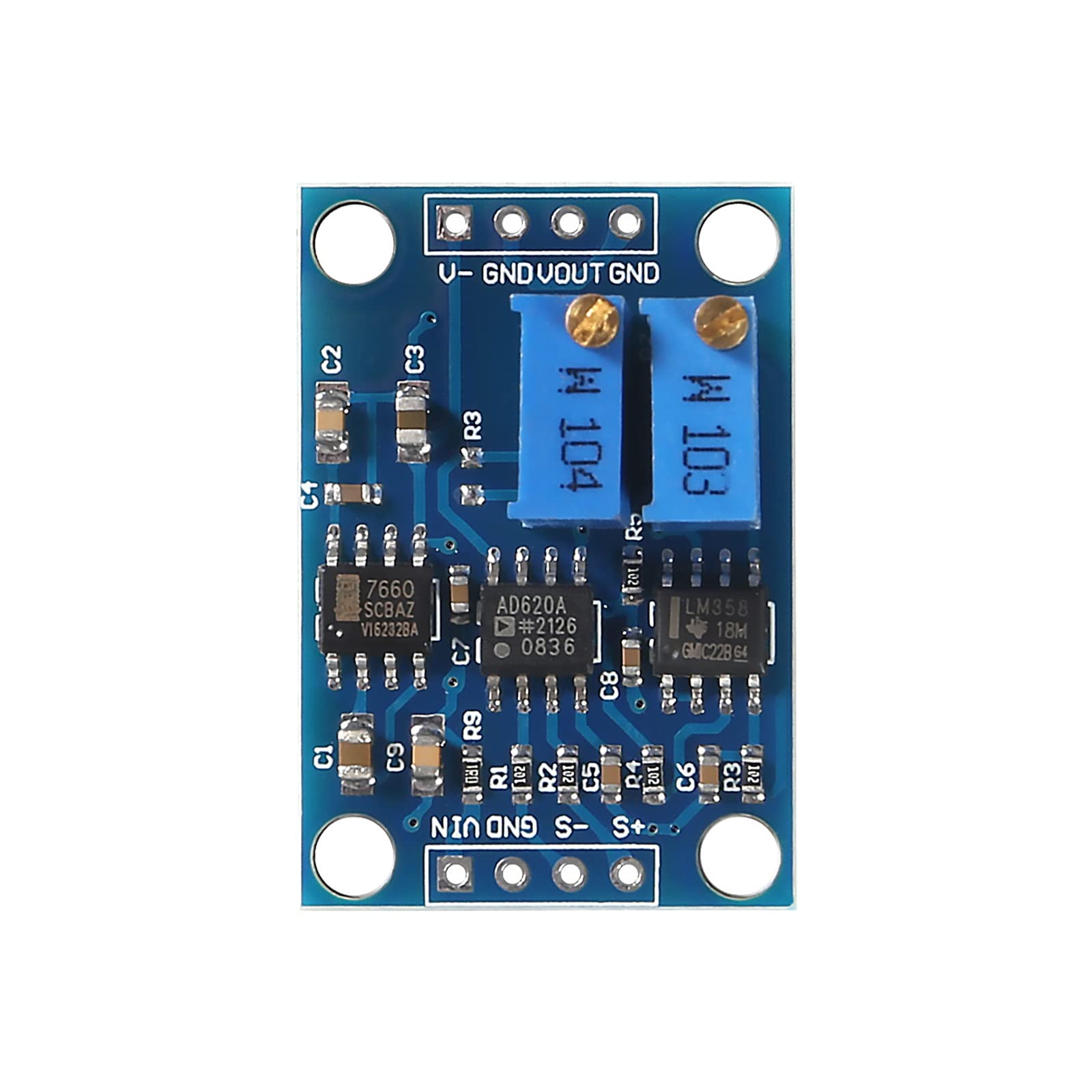
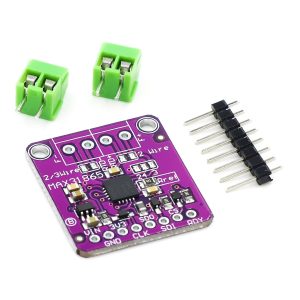
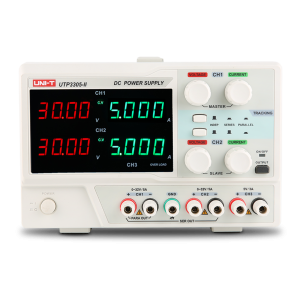
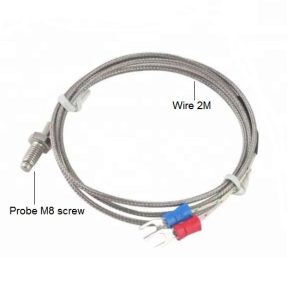
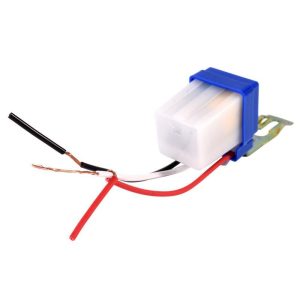
Reviews
There are no reviews yet.